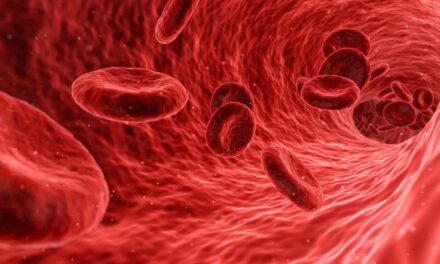A recent study published in the European Journal of Nutrition has shed light on the critical role of magnesium in maintaining overall health. The research reveals that a deficiency in this essential mineral is linked to an increased risk of DNA damage and several chronic diseases.
Researchers at the University of South Australia analyzed blood samples from 172 middle-aged adults and discovered a strong association between low magnesium levels and elevated homocysteine, a harmful amino acid. This combination contributes to genetic damage and increases susceptibility to serious health conditions such as Alzheimer’s, Parkinson’s, gastrointestinal diseases, various cancers, and diabetes.
Key Findings:
- Essential Role of Magnesium: Magnesium supports over 600 enzymes and activates nearly 200 more, playing a vital role in energy production, bone and teeth formation, blood sugar control, and heart function.
- Threshold for Risk: The study found that blood magnesium levels below 18 mg/L were associated with increased DNA damage, even after accounting for age and gender.
- Dietary Importance: Consuming magnesium-rich foods—such as whole grains, dark leafy greens, nuts, beans, and dark chocolate—may help reduce the risk of degenerative diseases.
The researchers emphasize the importance of maintaining adequate magnesium intake, as a daily consumption of less than 300 mg may contribute to long-term health risks. Their findings highlight the need for public awareness regarding proper dietary habits to ensure sufficient magnesium levels.
Disclaimer:
This article is for informational purposes only and should not be considered medical advice. Individuals concerned about their magnesium levels or overall health should consult a qualified healthcare professional before making any dietary or lifestyle changes.











